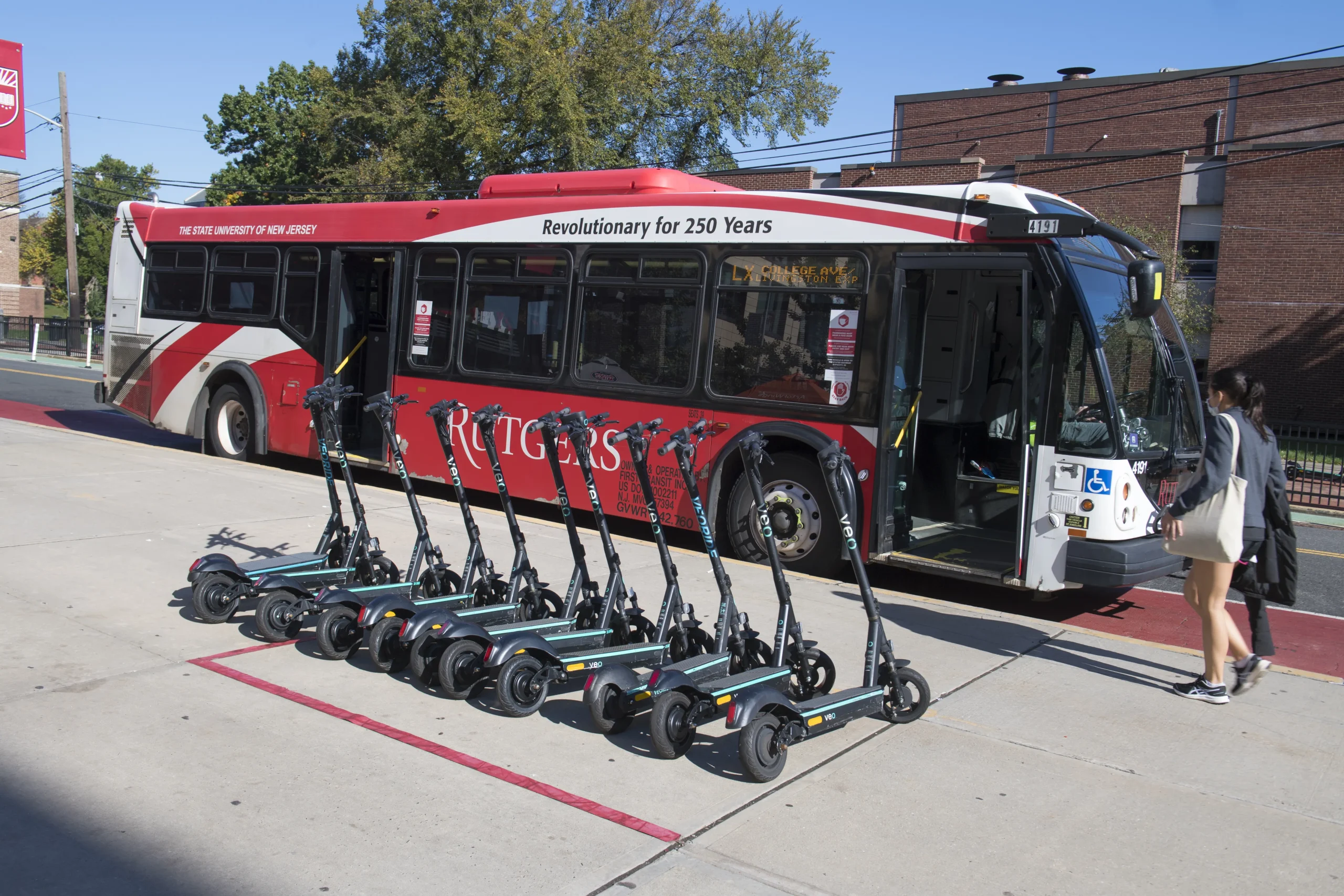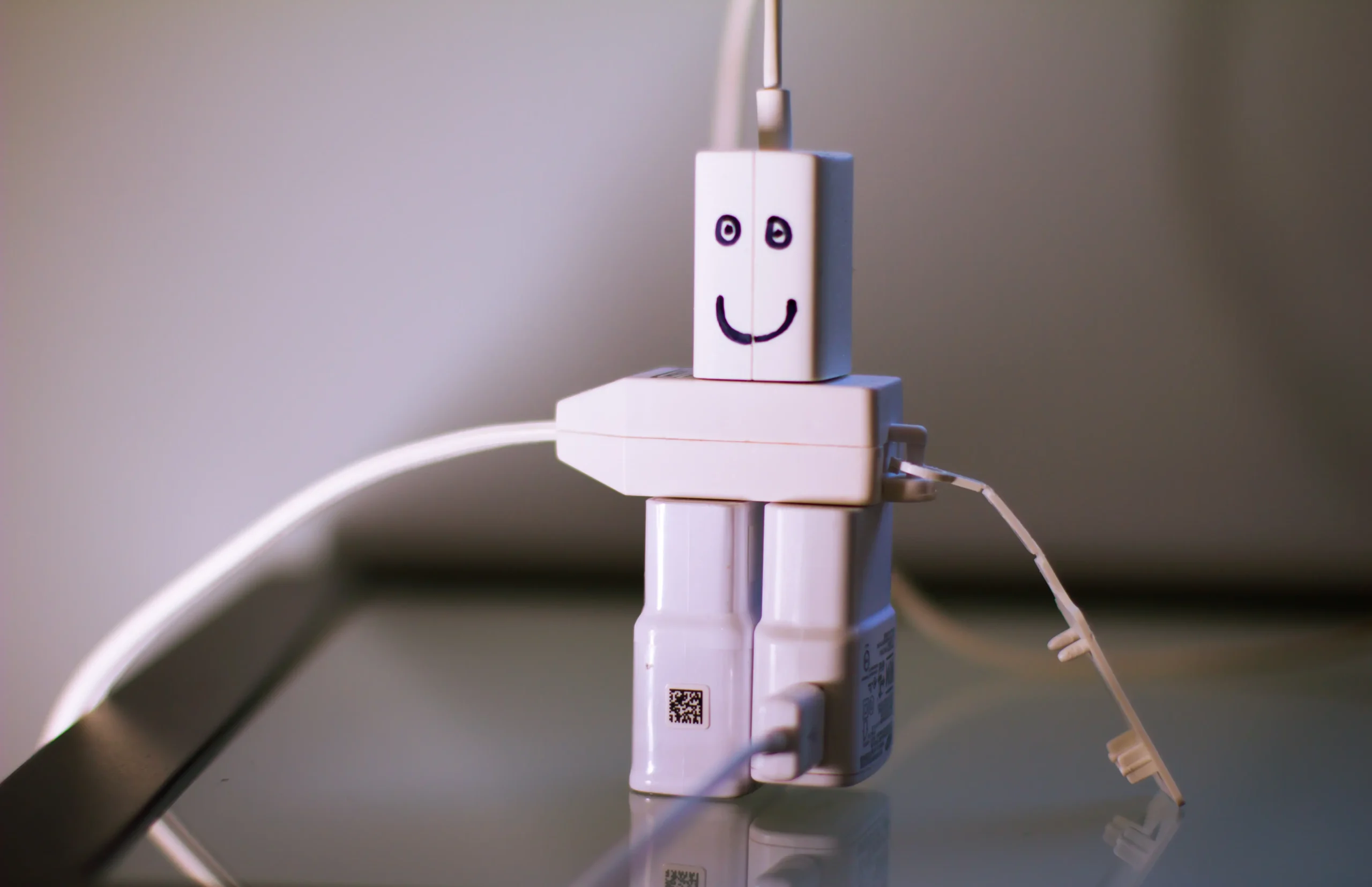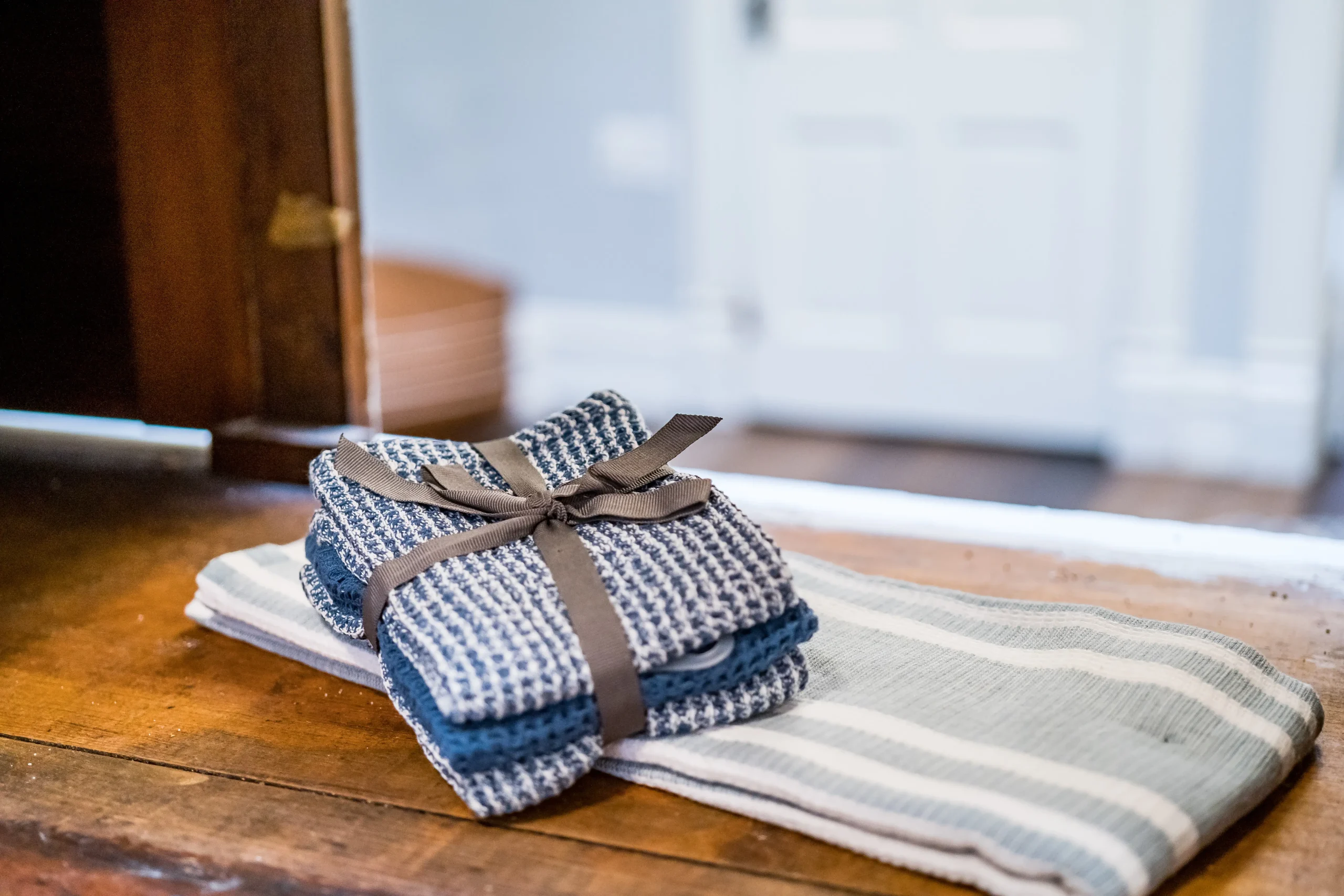Sustainability Tips

Transportation Around Campus
- Ride the Rutgers busses or use the Veo electric scooters to get around campus instead of instead of driving.
- When traveling to New York City or Philadelphia, use the NJ Transit train system. NJ Transit offers a 25% discount to all Rutgers students for rail, bus, or light rail monthly pass.
- Bring your bike to campus to use as another form of transportation. If you do not have a bike, you can use the Rutgers New Brunswick’s Bicycle Rental Program.
- If you have an old bike which you are planning on throwing out, donate it to the New Brunswick Bike Exchange, a non-profit organization that fixes and sells old bicycles.

Clothing/Fashion
- When washing clothes, use cold water rather than hot. You can also opt for laundry detergent sheets instead of liquid detergent to reduce waste.
- Donate clothes you no longer want, make the most of clothing you already own, and be conscious of the clothes you choose to buy – do you see yourself wearing it consistently in the long term?
- RU Thrifty is an organization in Rutgers New Brunswick that has thrifting events periodically each semester; students can exchange their old garments to thrift clothes that have previously been donated. This is a great way to get clothes on campus, both sustainably and affordably.
- If you can afford to, buy high quality and sustainably made garments; these will last much longer than fast fashion alternatives.

Energy Usage
- Get a power strip that can be turned off to reduce energy consumption.
- Take shorter showers to conserve water.
- Use energy efficient light bulbs.

Personal Lifestyle
- Get a personal compost bin – these can fit indoors and are typically built to contain any odor. In New Brunswick, you can drop off compost by the Cook Organic Gardens.
- Avoid single use items when possible. Ex. Cotton pads, paper towels, make up wipes. Instead opt for cloth hand and kitchen towels, and cleansing balms for makeup.
- Instead of buying plastic containers of soap, try using shampoo and conditioner bar soap.
- If you have used research equipment or supplies you would like to sell, or if you are looking to purchase, check out Rheaply Resource Management.

Food/Eating
- If you have a meal plan, eat at the dining halls to cut down on food and plastic waste.
- Cut down on meat and dairy, or adopt a vegetarian/vegan diet to reduce your carbon footprint. Otherwise, purchasing meat from organic, grass-fed farms is a better alternative over what you may find at a typical grocery store.
- Buy produce from your local farmers market, such as the New Brunswick Community Farmers Market located at various locations around campus. Buying local reduces “food miles” and supports your community.
- Rather than buying single use plastic bottle, use the hydration stations located all over campus to refill your water bottles.
- Many cafes around campus allow customers to provide their personal cup/thermos when ordering a drink instead of the establishment’s disposable cups.
- Try buying certain goods, such as sugar, pasta, nuts, rice, and tea from food refill stores. In New Brunswick, the George Street Co-op is the nearest refill store. On the Newark campus, there is a Whole Foods Market in walking distance, which has a food refill section.

Get Involved
- To become more socially active on campus, join sustainability or climate- oriented clubs.
- If you would like to be more involved on a governmental level, look into local environmental commissions, green teams, and nonprofits in your area.











